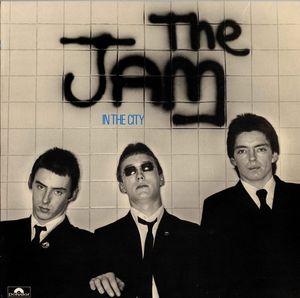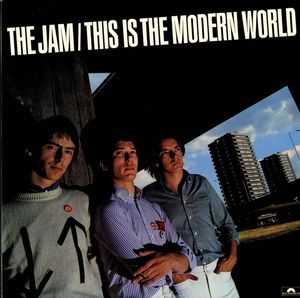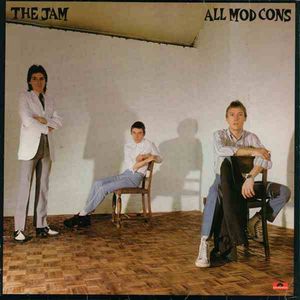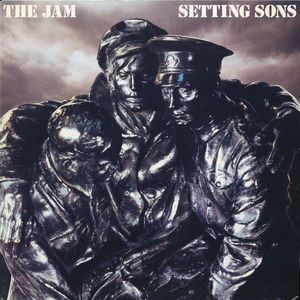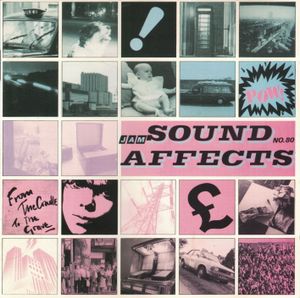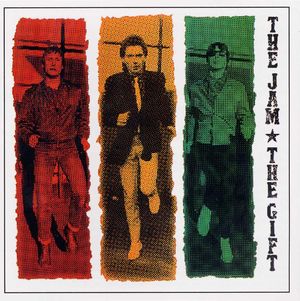
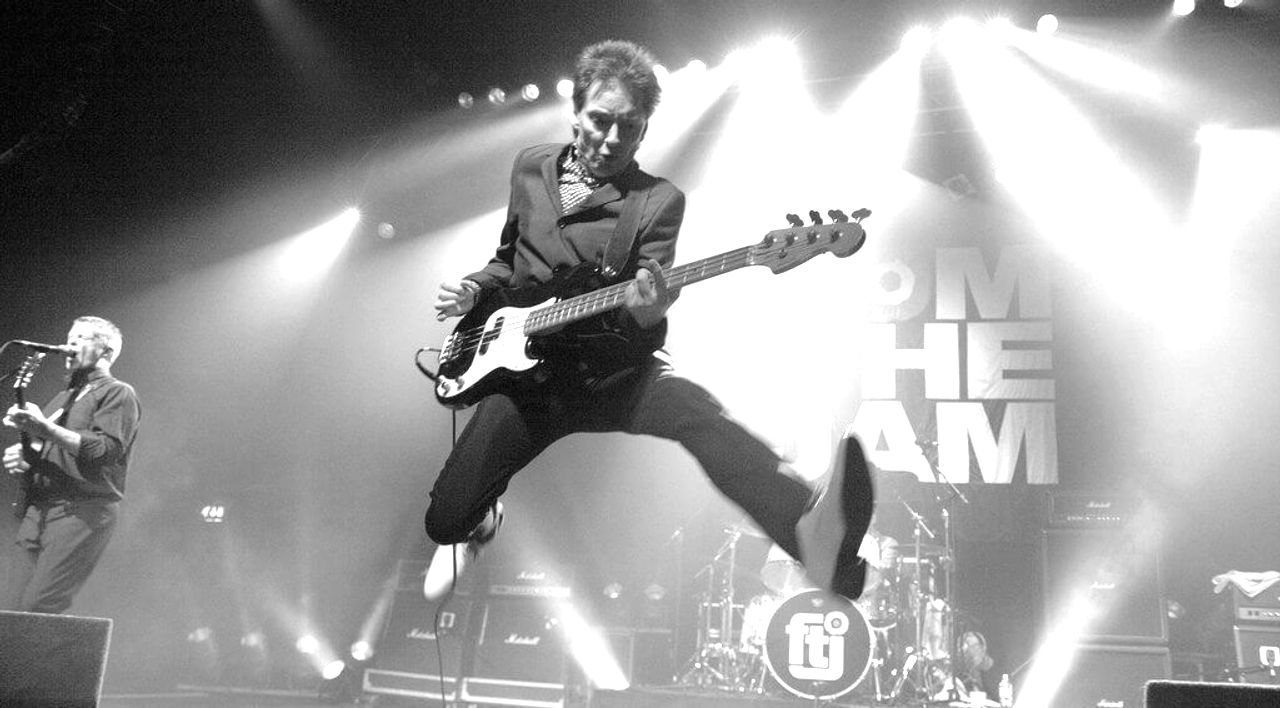
The Jam
Follow Your Favorite Band Today!
Top The Jam Community Posts
Story of The Jam
The Jam, a hugely influential English rock band, exploded onto the scene in 1972, birthed in the Surrey town of Woking. The power trio—Paul Weller, Bruce Foxton, and Rick Buckler—dominated the UK charts, achieving an unprecedented run of 18 consecutive Top 40 singles from their 1977 debut until their split in December 1982. This phenomenal streak included four number one hits. Their impact remains undeniable: as of 2007, "Thats Entertainment" and "Just Who Is the 5 OClock Hero" held the record for best-selling imported singles in UK history. Their discography boasted six studio albums (including the number one hit The Gift) and one electrifying live album. Even after their breakup, the band`s enduring popularity saw their first fifteen singles re-enter the charts, all landing within the Top 100.
The Jams sound was a potent blend of influences, seamlessly weaving together 1960s beat music, soul, R&B, and the raw energy of 70s punk and new wave. Their melodic pop sensibility, sharp social commentary uniquely filtered through a distinctly English lens, and their iconic mod image created a captivating and enduring appeal. The band became a launchpad for Paul Weller, whose songwriting and lead guitar (typically on a Rickenbacker 330) drove much of their creative force. He would later achieve further success with The Style Council and a celebrated solo career. Bruce Foxton’s powerful basslines provided the rhythmic bedrock for many of their hits, including classics like "Down in the Tube Station at Midnight," "The Eton Rifles," "Going Underground," and "Town Called Malice."
History
Formation (1972–1976)
The Jams genesis can be traced back to Sheerwater Secondary School in Woking, Surrey, where the band formed in 1972.
Frequently Asked Questions
Bands you may like
More Pop Rock Bands
Discover more bands in the Pop Rock genre and explore the diverse sounds that define this musical style.
Browse All Pop Rock BandsMore Bands from United Kingdom
Discover the rich musical heritage of United Kingdom and explore bands that represent the country's unique sound and culture.
Browse All United Kingdom Bands
